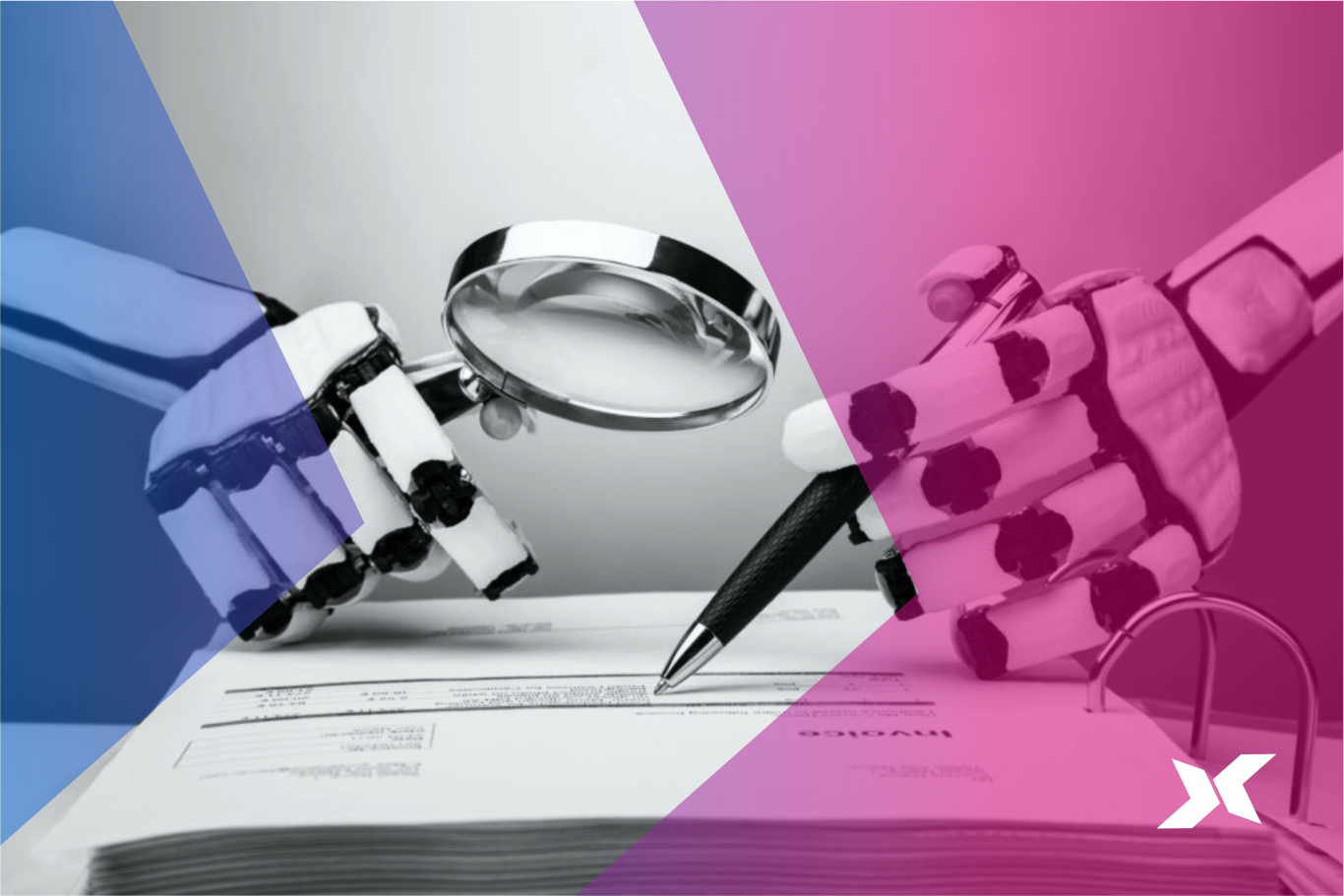Will AI Replace Document Automation Software?


Introduction
AI has become a buzzword in many industries, including legal tech. But will it ever replace document automation software for law firms? This blog explores the challenges, opportunities, and the state of AI in shaping the future of document generation and management.
Why AI Can't Fully Replace Document Automation Yet
While AI brings a set of promising functionalities to the table, it currently falls short in some critical areas that are non-negotiable for law firms:
- Consistency: AI lacks the ability to deliver the same contract wording every time. Lawyers do not have the time to proofread every single word in every single contract.
- Factual Accuracy: Even advanced AI platforms like ChatGPT can sometimes provide information that is not 100% accurate. Some law firms have learned this the hard way.
- User Experience: The burden falls on legal professionals to master how to instruct AI platforms, adding another layer to their already complex tasks.
While AI shows immense promise in augmenting the legal document automation landscape, its limitations in consistency, factual accuracy, and user experience render it an adjunct rather than a substitute for traditional document automation systems at this time.
The Immediate Benefits of AI
AI isn’t without its merits, particularly in specific areas that could benefit law firms in the short term:
- Clause Generation: AI algorithms can help with drafting precise clauses, effectively reducing the time spent on these repetitive tasks and allowing legal professionals to focus on more complex issues.
- Template Customization: The flexibility of AI-generated wording allows for customization, letting firms edit and save these as dependable templates that can be reused. This is an excellent way to standardize language across multiple documents and minimize errors.
- Entity Identification: AI has the capability to scan documents and identify different variables or entities, thereby streamlining the auto-coding of templates and making the document creation process more intelligent and efficient.
While these immediate applications provide notable advantages, it’s essential to consider the evolving nature of AI as we look toward the future. There are exciting developments on the horizon, with AI poised to offer advanced functionalities that may bring about further efficiencies in document automation. The true test, however, lies in AI’s ability to deliver content that is not just accurate and factual, but also consistently dependable and up-to-date.
As such, the potential for AI to completely replace existing document automation systems remains a matter for future exploration. The key to this transition—if and when it happens—will hinge on AI’s ability to deliver dependable, accurate, and up-to-date text.
Leveraging Existing Software for Maximum Benefits
While it’s tempting to explore new frontiers in technology, especially with the buzz surrounding AI, it’s crucial to remember the value of existing software solutions. MS Word, often underrated as merely a word processor, has an array of built-in features that, when properly utilized, can significantly enhance a law firm’s productivity, improve document accuracy, and elevate client service.
Document automation software, including solutions like XpressDox, already possesses the capability to revolutionize a firm’s operations. It offers advanced template creation, clause libraries, and customizable interviews, among other features. These are engineered to standardize documents, reduce errors, and ultimately offer a more streamlined, client-focused service. The key is in appropriate implementation and training.
By investing time in mastering the features of MS Word and your document automation software, you’re setting the foundation for optimized workflows. It’s about making these existing tools work harder for you, thereby reducing the need for additional software investment.
In essence, before leaping into the AI bandwagon, law firms would benefit immensely from leveraging the full suite of tools they already possess. This approach ensures that technology serves its primary role: as an enabler for delivering efficient, accurate, and high-quality legal service.
The XpressDox Approach to AI
At XpressDox, we’re not just adapting to the AI wave. We’re harnessing it to fuel unique innovations in legal tech:
ChatGPT Integration: One of the standout features in the new version is the seamless integration of ChatGPT functionality. This powerful addition allows legal professionals to request specific clauses or legal information and have it instantly generated by AI. This AI-generated content can then be effortlessly incorporated into existing document templates, simplifying and speeding up the drafting process.
Automated Coding of Templates: Another way we’re leveraging AI is in the automation of template coding. Our system identifies variables and other dynamic content within a document and converts this information into XpressDox code. These templates can subsequently be turned into runnable interviews, making the entire document creation cycle more efficient and intuitive.
Efficiency in Template Development: Our focus doesn’t stop at just enhancing template creation; it extends to making the entire process more efficient. Our user-friendly design interface is expected to reduce template development time by a staggering 80%. This significant time-saving benefit facilitates quicker document production and promotes broader adoption of our state-of-the-art document automation technology among law firms.
By pioneering these AI-centric features, XpressDox is not only offering immediate productivity gains but is also laying the foundation for the future of document automation in the legal sector.
Conclusion
The intersection of AI and document automation is an evolving landscape. While AI has its merits, offering potential efficiencies in clause generation and template customization, it currently can’t match the reliability that document automation software offers in legal contexts. As AI matures, its integration into legal tech is inevitable, but the timeline for it replacing document automation systems remains uncertain.
At XpressDox, we’re proactively addressing this challenge by integrating AI functionalities that offer real value to our clients, without compromising the reliability and accuracy that they’ve come to expect from our software. As technology evolves, so too will the capabilities of document automation platforms. The future promises exciting synergies between these technologies, aimed at enhancing productivity and reliability for law firms globally.
